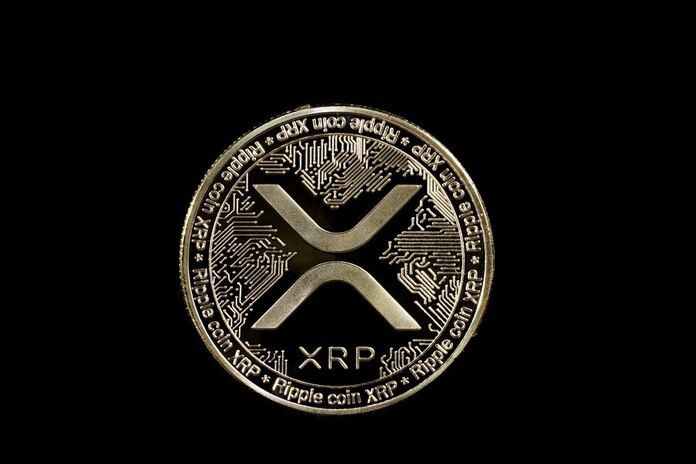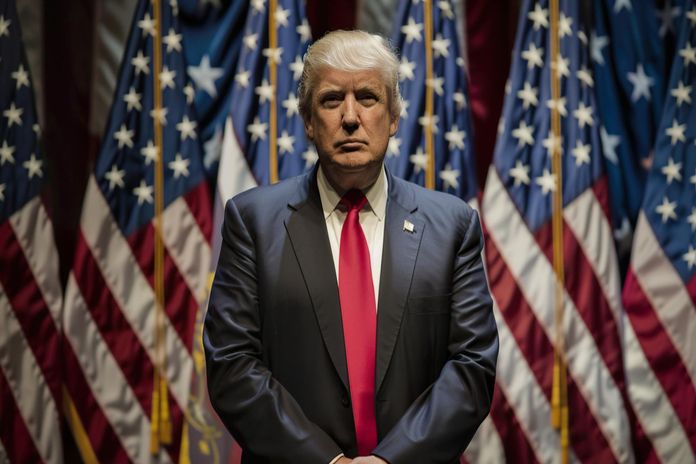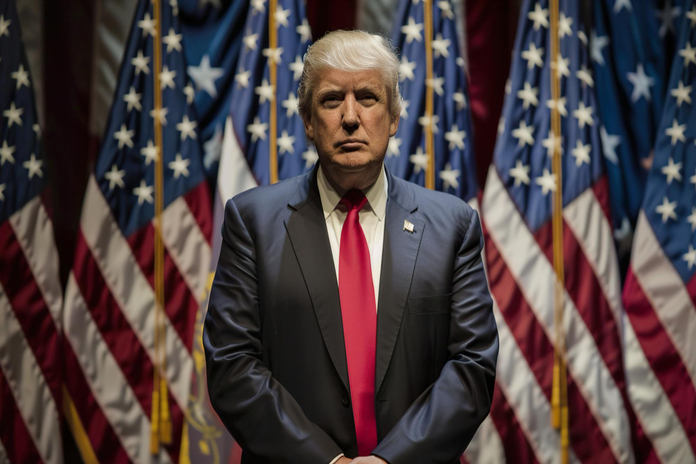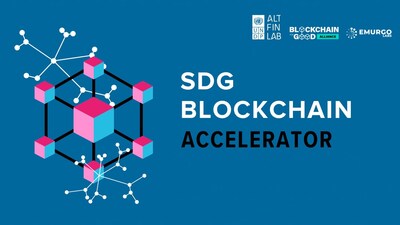CME Expands XRP Futures Trading for Crypto Investors
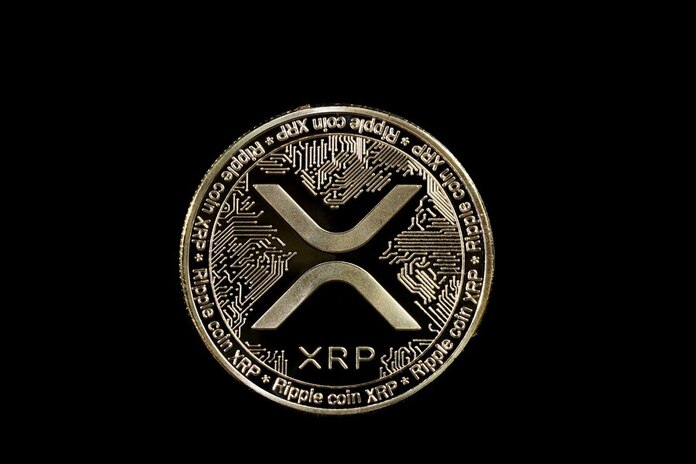
CME Group (NASDAQ:CME) is making another bold move in the cryptocurrency space by introducing XRP futures trading, a strategic addition to its growing suite of digital asset derivatives. Set to launch on May 19, pending regulatory approval, this new offering aligns with rising institutional demand for regulated crypto products.
Already a major player in the crypto futures market—with established contracts for bitcoin and ether—CME is now turning its attention to XRP. This new launch is designed to provide more flexibility and risk management options for both institutional and retail traders seeking diversified exposure to the cryptocurrency market.
Details of CME’s XRP Futures Trading Launch
The new XRP futures trading contracts will come in two sizes to accommodate different trading needs. One is a micro contract representing 2,500 XRP, while the larger contract covers 50,000 XRP. Both will be cash-settled and based on the CME CF XRP-Dollar reference rate, ensuring transparency and price integrity.
Giovanni Vicioso, Global Head of Cryptocurrency Products at CME Group, emphasized the motivation behind the move: “Interest in XRP has steadily increased as institutional and retail adoption for the network grows. We are pleased to launch these new futures contracts to support clients’ investment and hedging strategies.”
This latest product follows closely on the heels of CME’s successful launch of Solana (SOL) futures in March, which surpassed 43,000 contracts traded within weeks.
Why XRP Futures Trading Matters Now
The decision to introduce XRP futures trading couldn’t be more timely. The first quarter of the year saw CME’s crypto futures and options business thrive. Average daily volumes reached 198,000 contracts, translating to a notional value of $11.3 billion. Open interest surged to $21.8 billion, reflecting a growing appetite for regulated and transparent digital asset investment options.
With institutional investors increasingly looking to diversify their crypto portfolios, the addition of XRP offers another on-ramp into the regulated derivatives ecosystem. XRP, the native token of the XRP Ledger developed by Ripple Labs, has long been viewed as a fast, cost-effective option for cross-border payments, making it a compelling asset for serious investors.
Moreover, as the crypto industry matures, many large investors are demanding compliance-friendly products. CME’s role as a trusted and regulated financial marketplace gives traders the confidence to participate in cryptocurrency markets without exposure to unregulated exchanges.
XRP Futures vs. Spot Market: The Benefits for Traders
XRP futures trading offers distinct advantages over spot trading. Firstly, futures enable leverage, allowing traders to take larger positions with a fraction of the capital. Secondly, they allow for hedging strategies that can mitigate risk in volatile markets. Finally, CME’s robust margin and clearing systems provide greater safety for counterparties.
Unlike unregulated exchanges, CME ensures every trade is backed by financial safeguards, including daily settlement and margin requirements, reducing counterparty risk.
With the addition of XRP to its crypto lineup, CME now offers a well-rounded suite that includes futures for Bitcoin (CRYPTO:BTC), Ether (CRYPTO:ETH), and Solana (CRYPTO:SOL), further cementing its position as the premier hub for institutional-grade crypto derivatives.
Looking Ahead: Institutional Crypto Integration
The launch of XRP futures trading marks yet another milestone in the mainstreaming of crypto finance. As more asset managers and financial institutions allocate funds to digital assets, tools like CME’s regulated futures contracts become essential for long-term portfolio strategies.
Whether for speculation, hedging, or gaining diversified exposure, these products represent a new era of professional-grade crypto investing.
In a world where digital assets are increasingly influencing global finance, CME’s move to introduce XRP futures is both strategic and symbolic. It not only meets today’s demand but also sets the stage for a more mature and secure crypto marketplace.
Featured Image: Freepik
